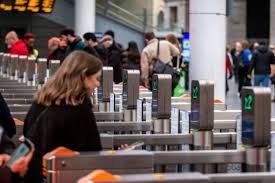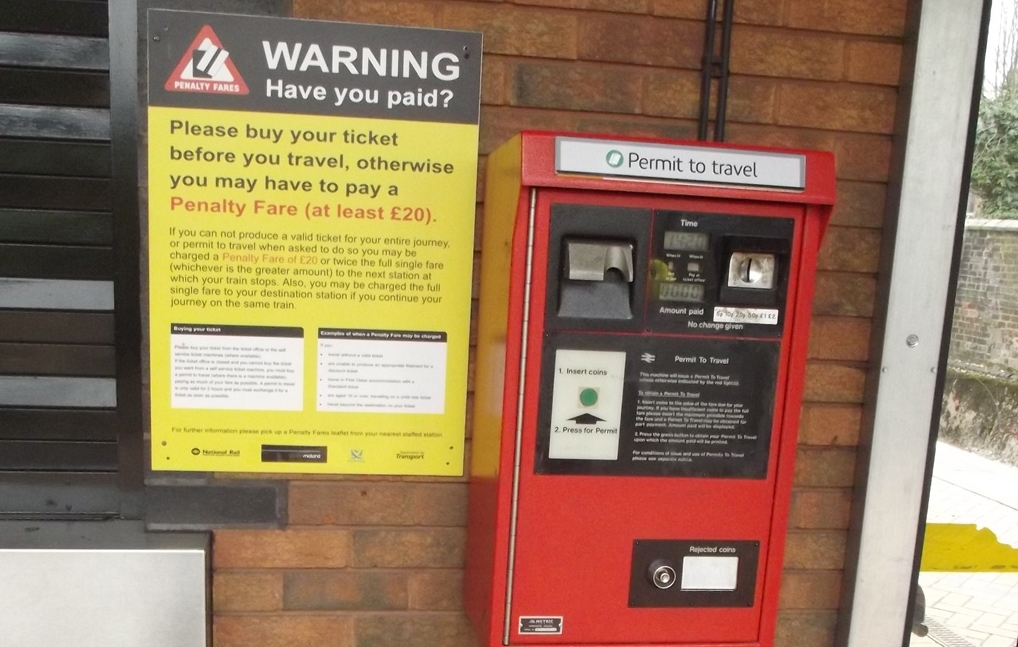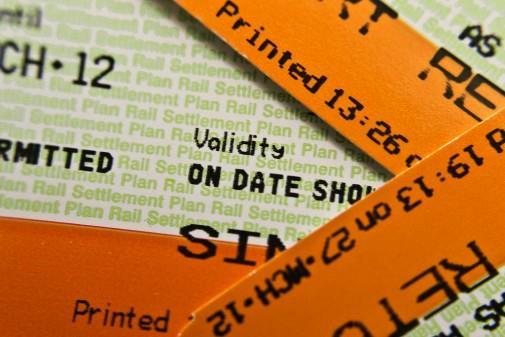Accidentally boarding a train without the correct ticket, forgetting to tap in or out on an Oyster card, or simply misreading your fare zone can happen to anyone. Yet, what may start as an innocent oversight can quickly turn into a stressful and potentially costly situation when a penalty fare or an accusation of fare evasion lands at your feet.
As a solicitor who has handled numerous fare evasion cases, I have seen how easily well-intentioned passengers can find themselves caught up in a system designed to deter deliberate fare dodging.
This article will explore the concept of “accidental fare dodging”, the steps you should take if it happens to you, and the importance of quickly explaining your side to avoid further trouble. We will also discuss how a solicitor can assist if your case escalates and why taking prompt action is often the key to a smoother resolution.
Understanding Accidental Fare Dodging
Accidental fare dodging refers to situations where a passenger travels without a valid ticket or the necessary payment, without intending to cheat the system. Common scenarios include forgetting to tap your contactless card at a station, having insufficient funds on your Oyster card, or selecting the wrong rail zone for your journey. Even minor mishaps, such as missing the last stop on a multi-zone ticket, can be classified as fare evasion under strict legal definitions.
Legal Framework
Many fare evasion matters in the UK fall under either the Railway Byelaws (particularly Byelaw 18) or the Regulation of Railways Act 1889. These provisions can be enforced as strict liability offences, meaning you may be liable even if you did not deliberately break the rules. Though you might think it unfair to receive a penalty for a genuine mistake, the law's primary goal is to ensure that all passengers pay the correct fares to maintain public transport services.
Despite the strict approach, genuine mistakes do occur, and the transport operator may take a more sympathetic view if you demonstrate that your violation was unintentional, especially if you address the matter proactively.
First Steps: What to Do Right After Realising the Mistake
Gather Information
Immediately record the date, time, location, and any relevant details about your journey. For instance, if a ticket machine was out of order, take a photo on your phone, or note the machine's ID number if visible. If you attempted to pay but the machine declined your payment, keep any receipts or online banking screenshots.
Look for a Notice
You may be issued a Penalty Fare Notice or an Unpaid Fare Notice on the spot by a Revenue Protection Officer. Alternatively, you could receive it by post. Read the notice carefully to understand how much you owe, how long you have to pay, and how to appeal.
Contact Customer Service (if applicable)
In some instances, especially if the fare shortfall resulted from a system glitch, it may be quicker to contact the operator's customer service line. Provide them with evidence of your attempts to pay or your ticket purchase, and they may offer a simpler resolution.
Potential Penalties and Consequences
- Penalty Fare Notices: Many transport operators can issue a penalty fare on the spot. This is often a fixed amount, such as £20 or more, or a multiple of the single fare due. You will usually have 21 days to pay or appeal. Whilst paying the penalty fare does not give you a criminal record, ignoring it can escalate matters.
- Prosecution for Fare Evasion: If the operator believes you intentionally dodged the fare or if you have accrued multiple unpaid notices, they may opt for prosecution under railway byelaws or the Regulation of Railways Act 1889. This can involve higher fines and, if you are found guilty, may leave you with a criminal record.
- Increased Charges: Failing to respond on time often leads to additional fees, and persistent refusal to pay could lead to court summons.
Explaining Your Side: Communication and Evidence
Clear, Concise Correspondence
If you are appealing a penalty fare or contacting the operator, keep your message brief and factual. Explain what happened, why you believe it was accidental, and what steps you took to attempt payment. Avoid emotional or aggressive language.
Evidence Gathering
Organise supporting documents, such as ticket purchase receipts, screen captures from an online ticketing site, or bank statements showing your efforts to pay. If you have photographic evidence of faulty ticket machines, this can be highly persuasive.
Deadline Awareness
Submit your explanation before any stated deadlines in the notice. Late submissions can reduce your chances of a successful resolution.
Appealing a Penalty Fare Notice
- Following the Official Procedure: Appeals often need to be made via a dedicated online portal or by post to the operator or an independent adjudication service. Read the instructions carefully.
- Grounds for Appeal: Legitimate grounds may include equipment malfunctions, confusing or poorly marked zones, lack of staff availability to sell you a ticket, or personal emergencies.
- Expected Outcomes: If the appeal is successful, the operator may cancel or reduce the penalty. If unsuccessful, you will need to pay, or the case may move closer to prosecution if you still refuse.
When Mistakes Lead to Court: Your Legal Position
While many accidental fare dodging cases are resolved by paying a penalty or clarifying the circumstances, some do make their way to court. Strict liability laws mean you may still be held accountable even if there was no intent to dodge the fare.
How a Solicitor Can Help
- Evidence Review: A solicitor experienced in fare evasion cases can spot procedural errors, inaccuracies in the transport operator's documentation, or potential defences.
- Negotiation and Settlement: Skilled negotiation can lead to an out-of-court settlement or a reduced penalty, preventing a criminal record.
- Representation in Court: If the matter escalates, a solicitor can advise on plea options, present mitigating circumstances, and ensure you receive a fair hearing.
Conclusion and Next Steps
Accidental fare dodging can happen to anyone, but it does not need to result in severe penalties or a criminal record if handled properly. By addressing the issue promptly, collecting evidence, and presenting a clear account of how and why the mistake occurred, you can significantly improve your odds of a swift, fair resolution.



